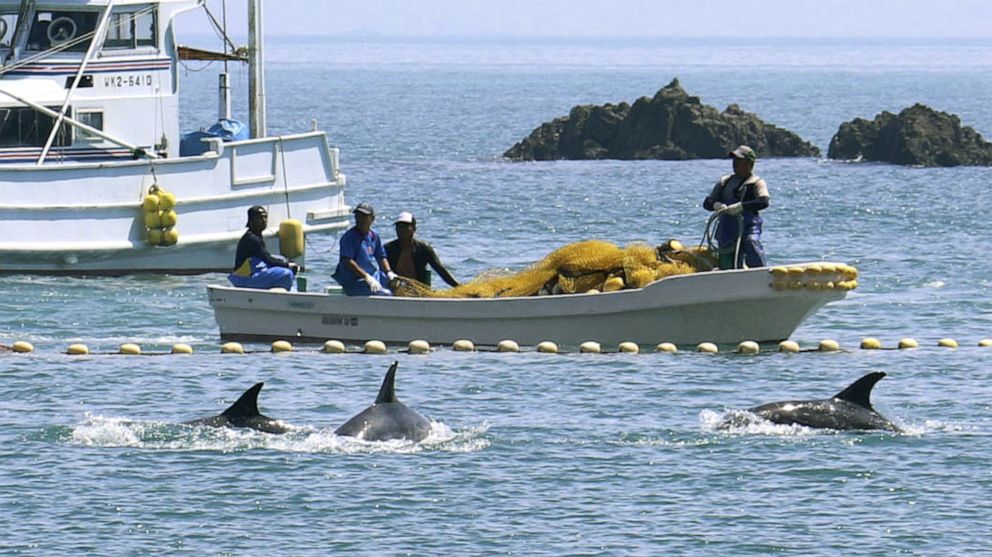
Japan's Controversial Dolphin Hunting Season Begins Amid Global Criticism
Japan's annual dolphin hunting season has officially begun in Taiji, Wakayama Prefecture, sparking renewed global opposition. The hunt, which started on September 1 and lasts six months, may result in hundreds of dolphins being killed for meat or captured for marine parks.
Critics argue that the practice, which drives dolphins into a cove using loud noises, is cruel and unsustainable. Environmental groups like the Dolphin Project highlight the detrimental effects on marine ecosystems, noting that dolphins, as slow-reproducing mammals, are crucial apex predators whose removal could disrupt ocean health.
Whale and Dolphin Conservation (WDC), a UK-based charity, condemns the methods used in the hunt, describing how hunters disorient dolphins with noise before either killing them or capturing them for aquariums. Juvenile dolphins are sometimes released back into the wild, but critics say these animals are left frightened and stressed.
Despite international outrage, including a 2010 Oscar-winning documentary The Cove and criticism from diplomats, defenders of the practice argue that it is a longstanding cultural tradition in Japan. Last year, an estimated 415 dolphins were killed or captured, far below the government’s quota of 1,824.
Japan's withdrawal from the International Whaling Commission in 2019 further fueled concerns about the country’s approach to marine conservation, with many urging a reconsideration of the hunt.
Stichworte







